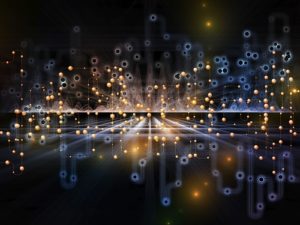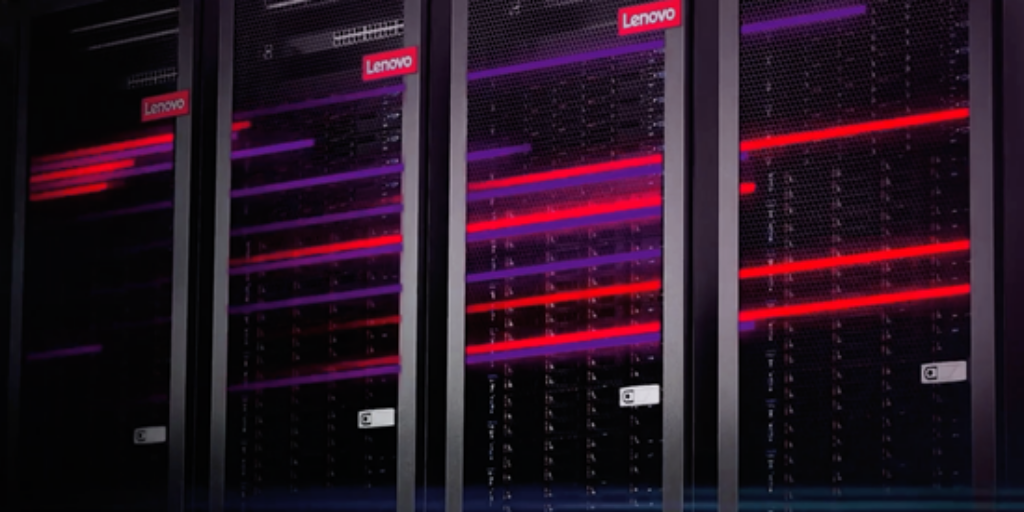
Photons entangled in a pair of loops on a 52-mile quantum network testbed.
Credit: Argonne National Laborator
At a press conference held today at the University of Chicago, the U.S. Department of Energy (DOE) unveiled a strategy for the development of a national quantum internet intended to bring “the United States to the forefront of the global quantum race and usher in a new era of communications.”
An outgrowth of the National Quantum Initiative Act of 2018, an initial goal of the strategy is build a prototype of a communications system using quantum mechanics over the next decade. DOE said its 17 national laboratories will serve as the backbone of the intended quantum internet, which will rely on the laws of quantum mechanics to control and transmit information more securely. “Currently in its initial stages of development, the quantum internet could become a secure communications network and have a profound impact on areas critical to science, industry, and national security,” DOE said in its announcement today.
The announcement follows a meeting in February in New York between members of the national labs, universities and industry to the essential research to be accomplished, describing the engineering and design barriers and setting near-term goals for the project. Steps toward building the quantum internet are underway in the Chicago area, which DOE said has become a hub for quantum research. Last February, scientists from Argonne National Laboratory in Lemont, Illinois, and the University of Chicago entangled photons across a 52-mile “quantum loop” in the Chicago suburbs, “successfully establishing one of the longest land-based quantum networks in the nation,” according to DOE.
That network will be connected to DOE’s Fermilab, specializing in particle physics, in Batavia, IL, establishing a three-node, 80-mile testbed.
“The combined intellectual and technological leadership of the University of Chicago, Argonne, and Fermilab has given Chicago a central role in the global competition to develop quantum information technologies,” said Robert J. Zimmer, president of the University of Chicago. “This work entails defining and building entirely new fields of study, and with them, new frontiers for technological applications that can improve the quality of life for many around the world and support the long-term competitiveness of our city, state, and nation.”
In today’s announcement, DOE stated that “quantum transmissions is….exceedingly difficult to eavesdrop on as information passes between locations. Scientists plan to use that trait to make virtually unhackable networks.” Early adopters could include banks and health providers, applications for national security and aircraft communications – even, eventually, mobile phone users.
DOE said scientists are also exploring how the quantum internet could support exchange of vast amounts of data and how networks of ultra-sensitive quantum sensors could allow engineers to better monitor and predict earthquakes—a longtime and elusive goal—or to search for deposits of oil, gas, or minerals.
The report released today includes such research objectives as building and integrating quantum networking devices, routing quantum information and correcting errors.




